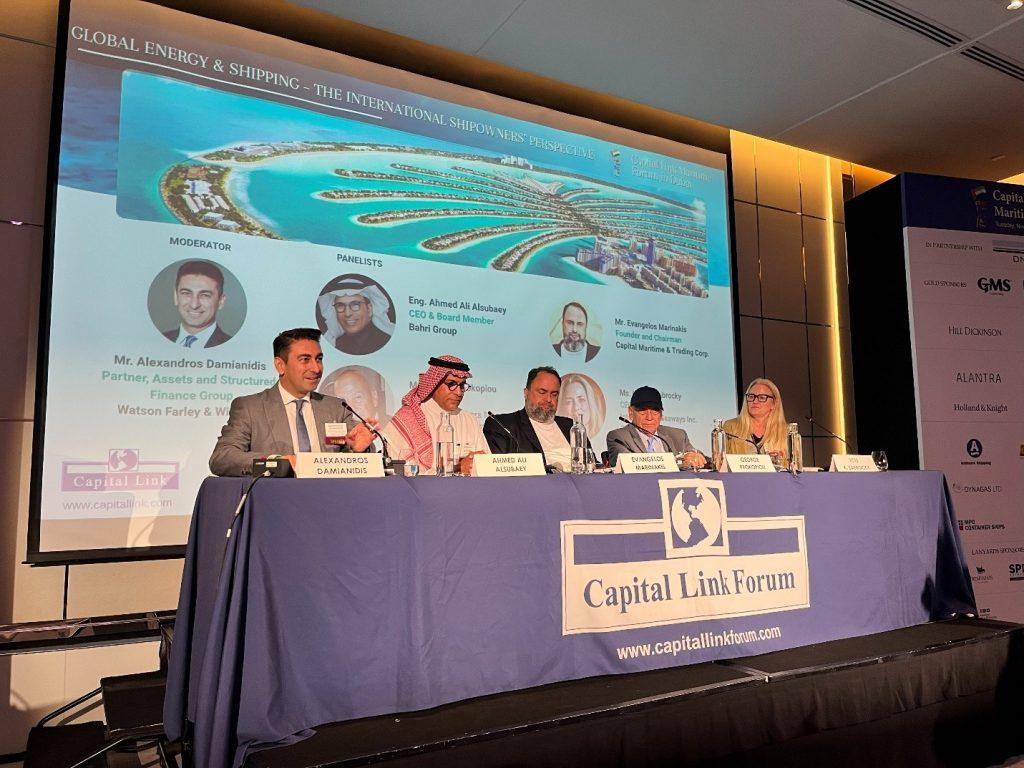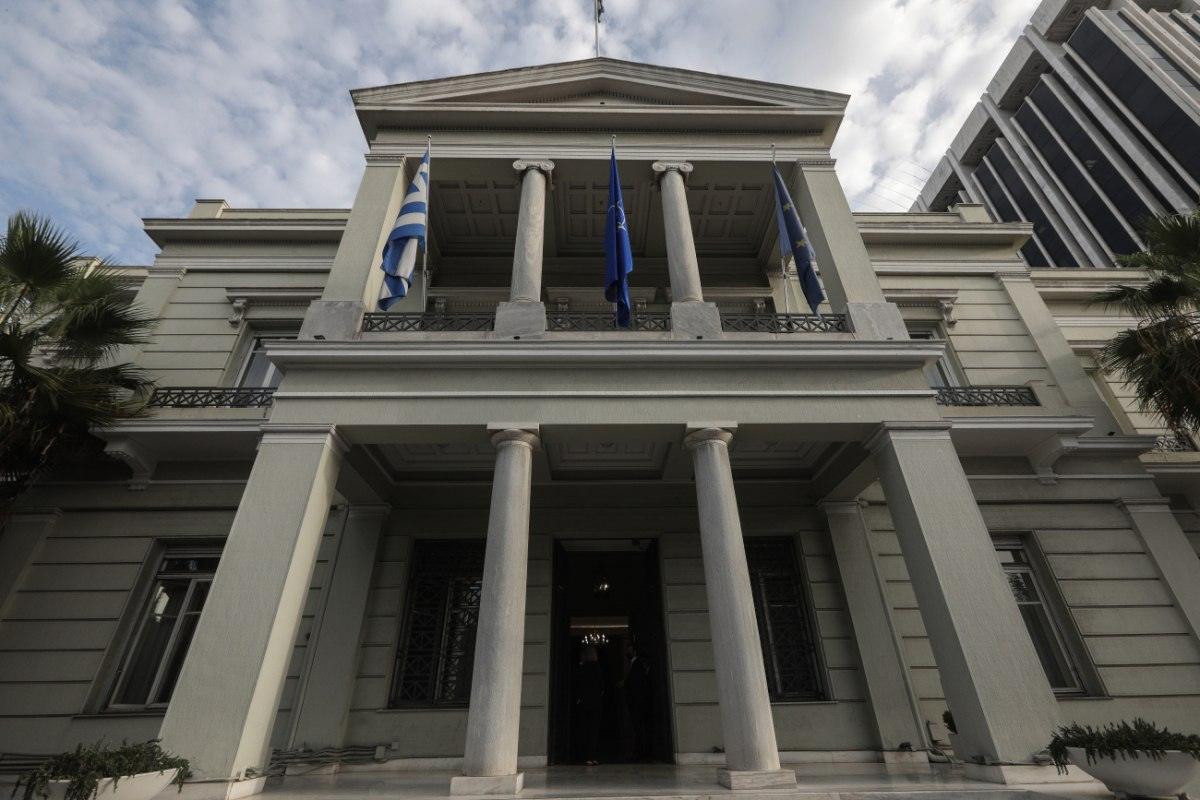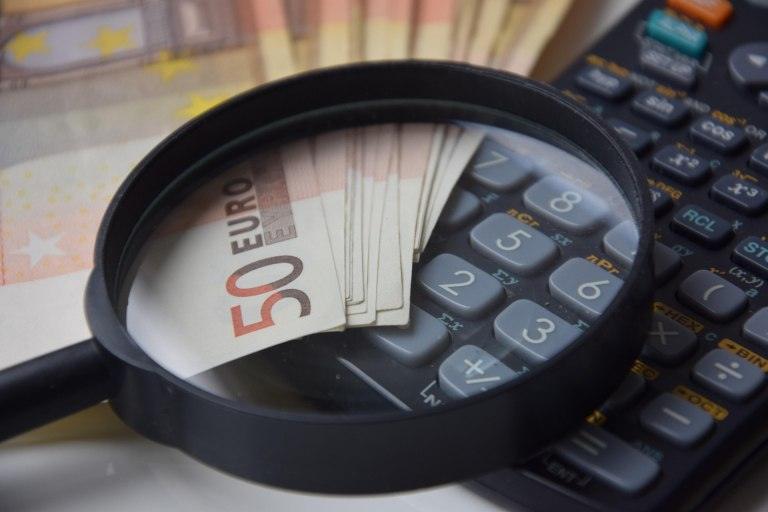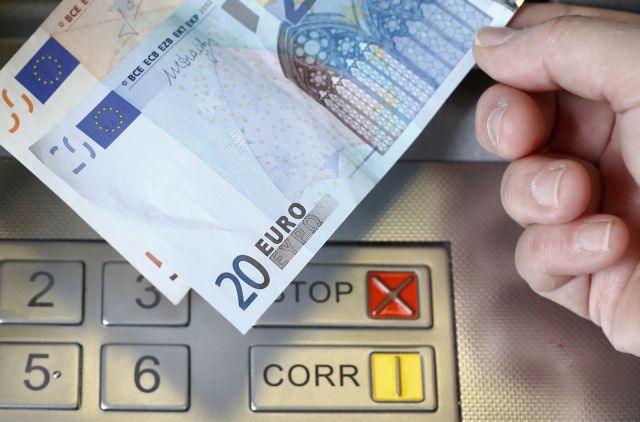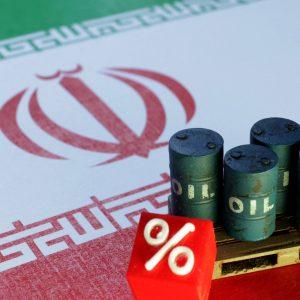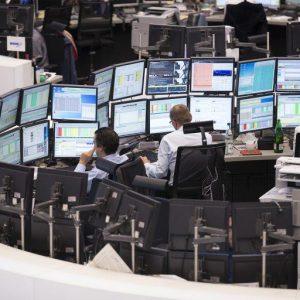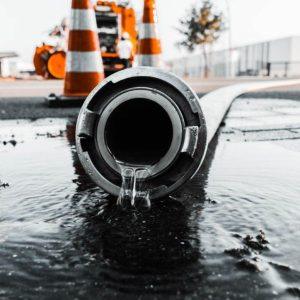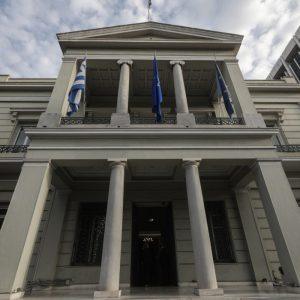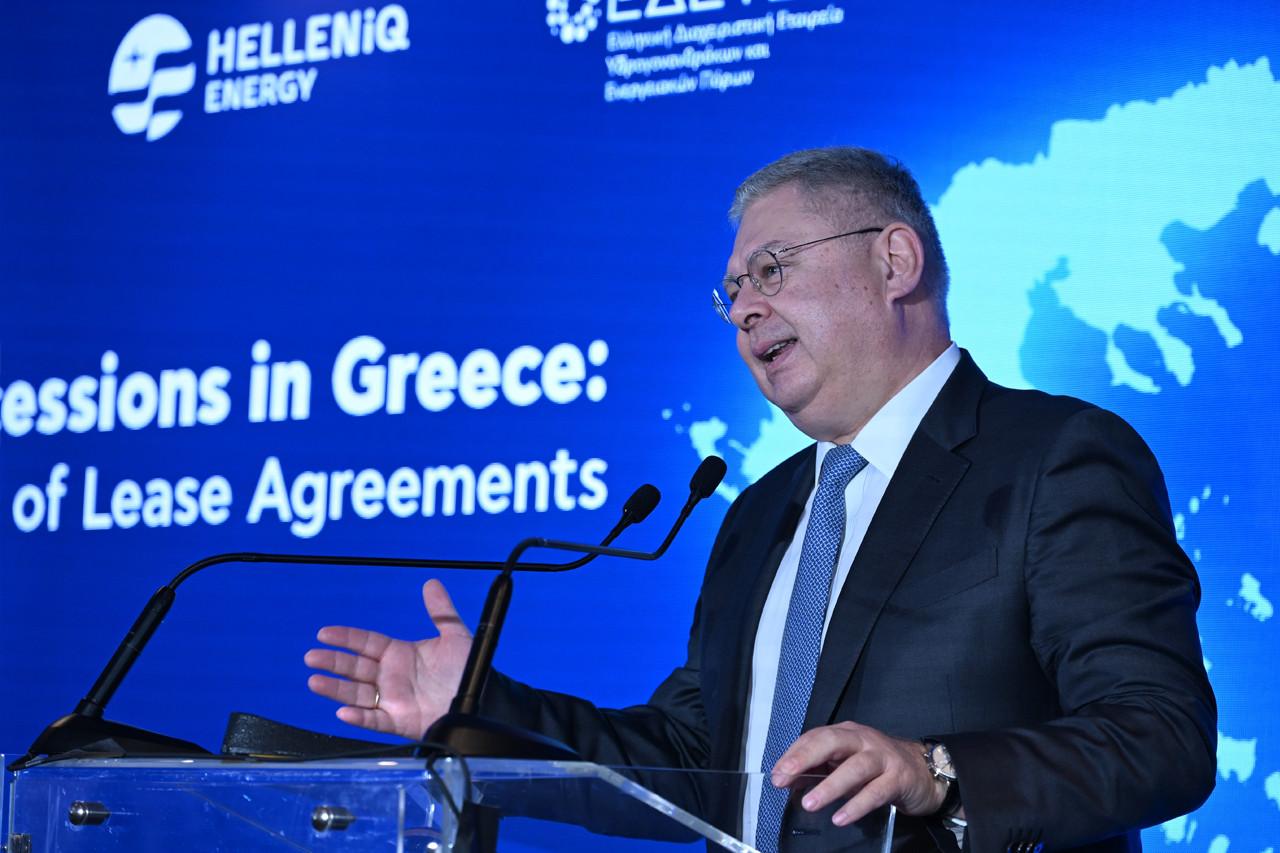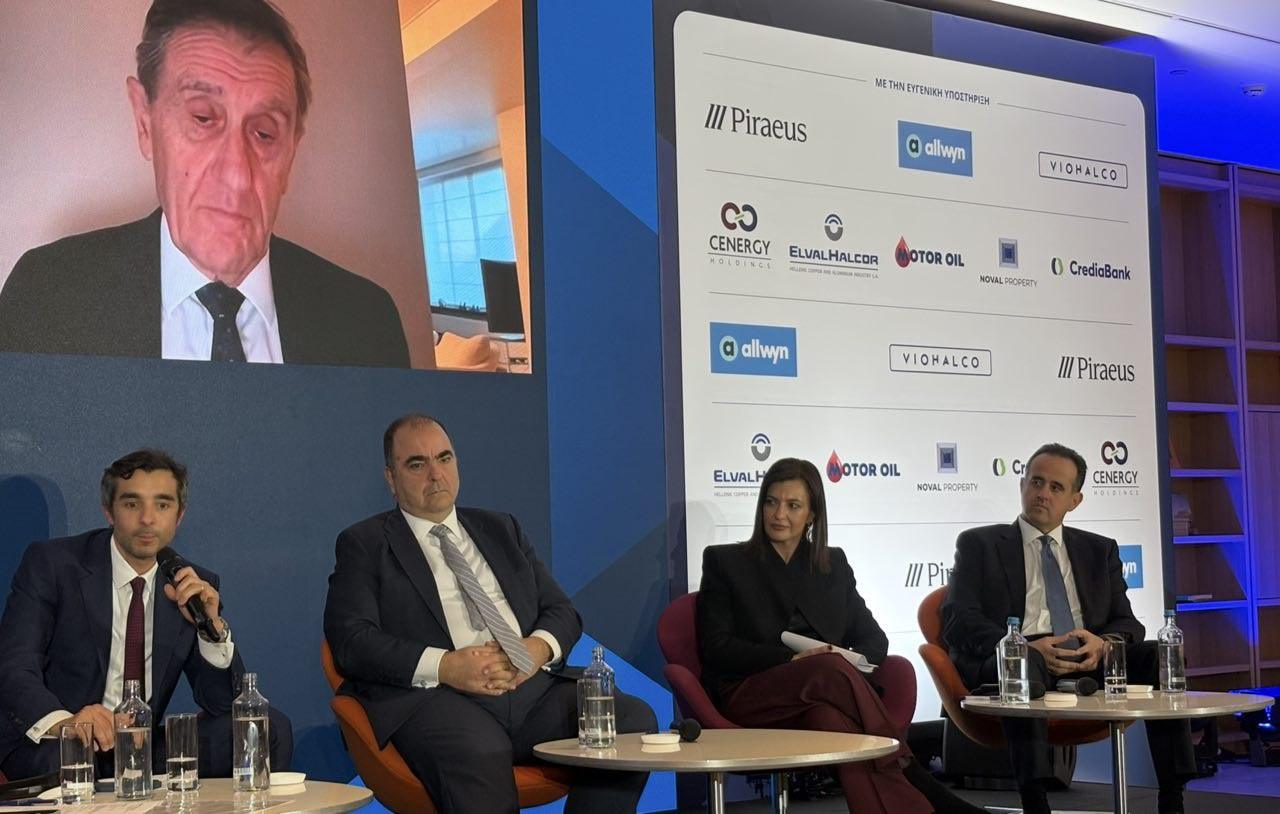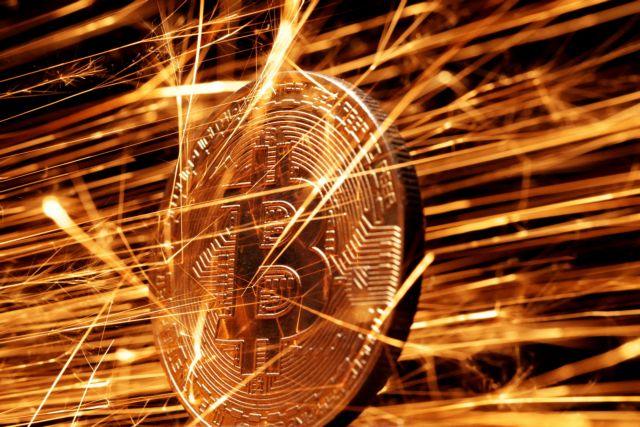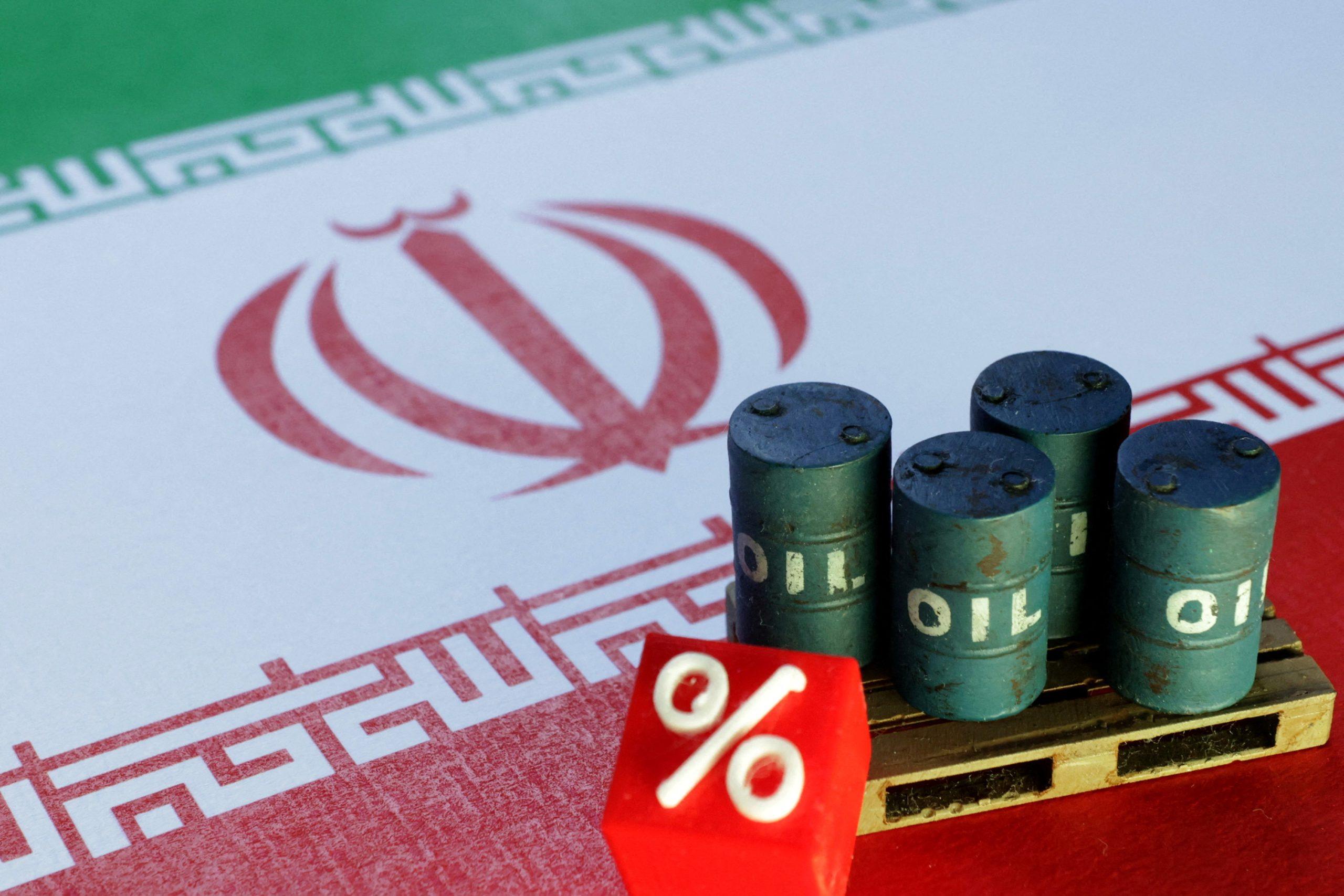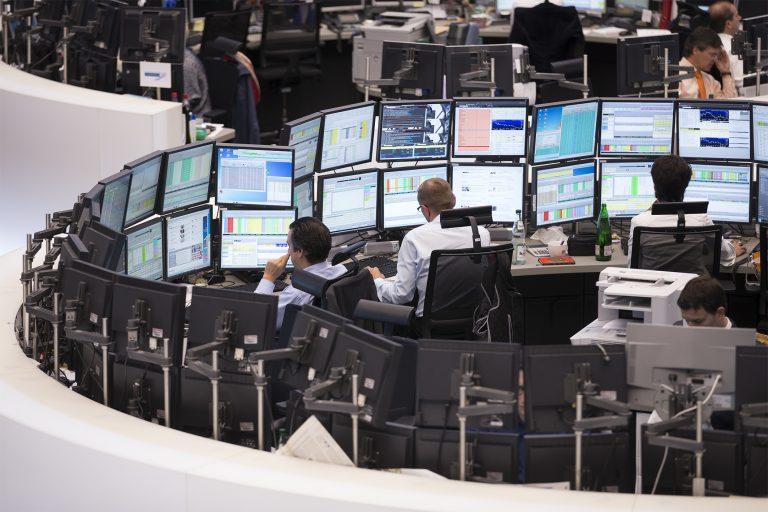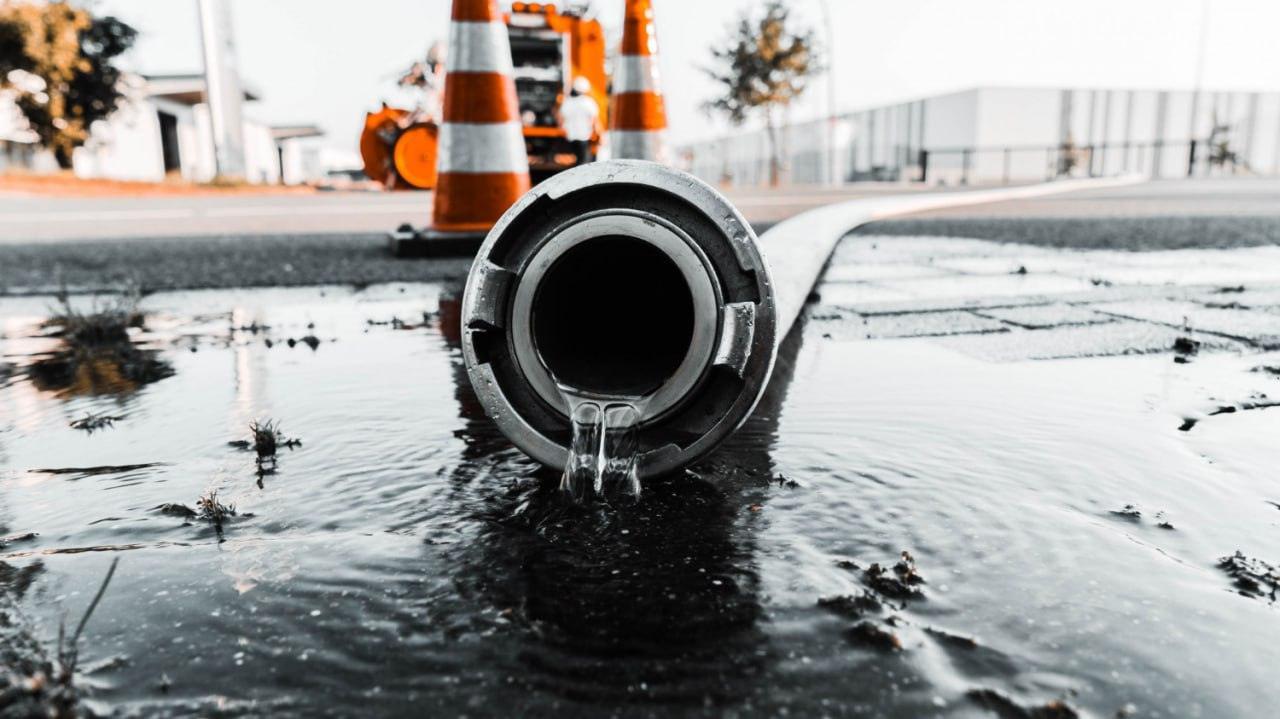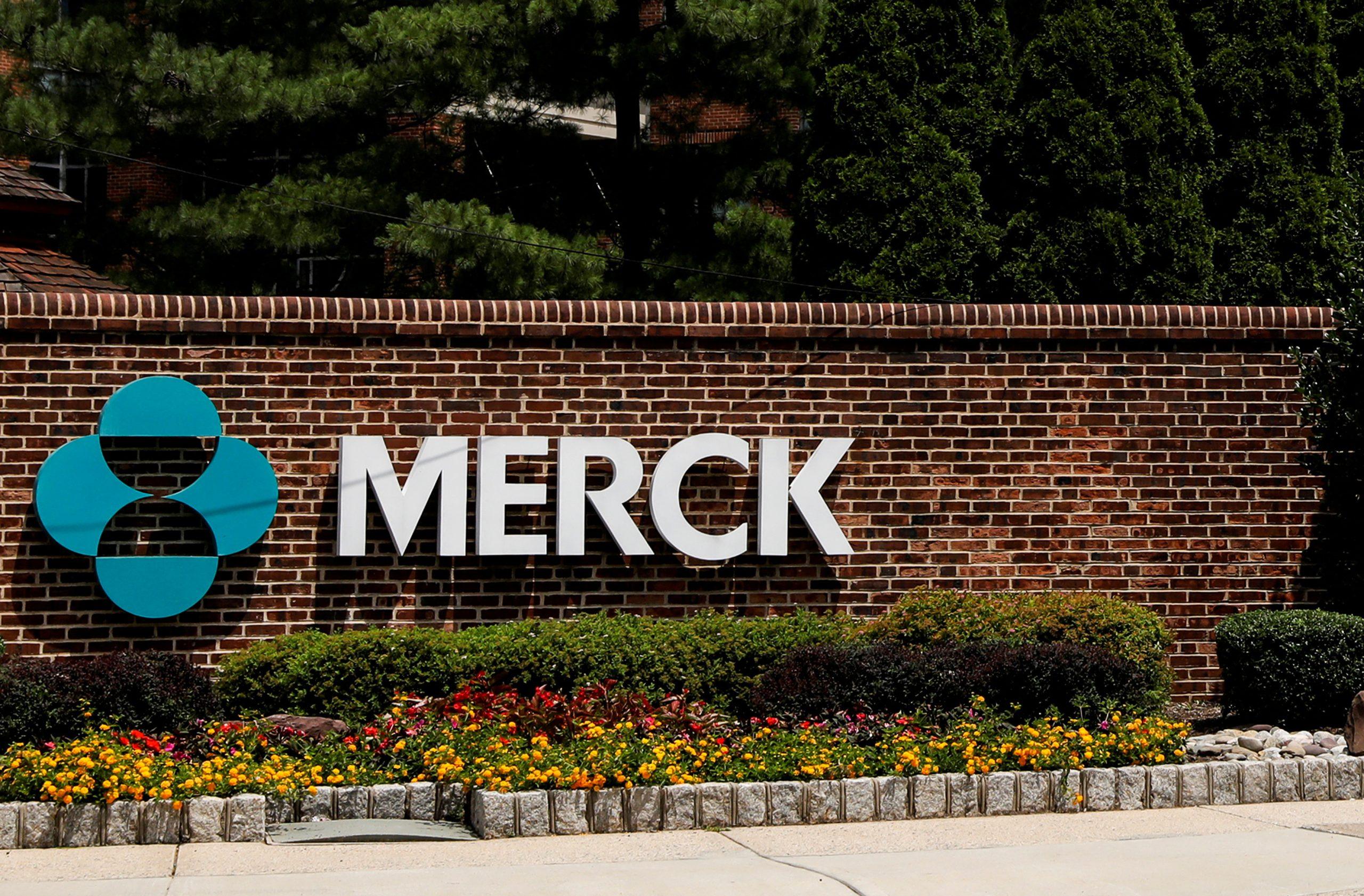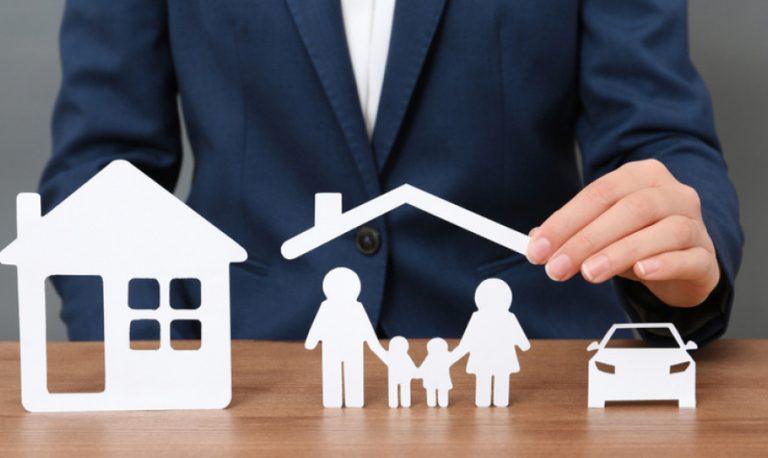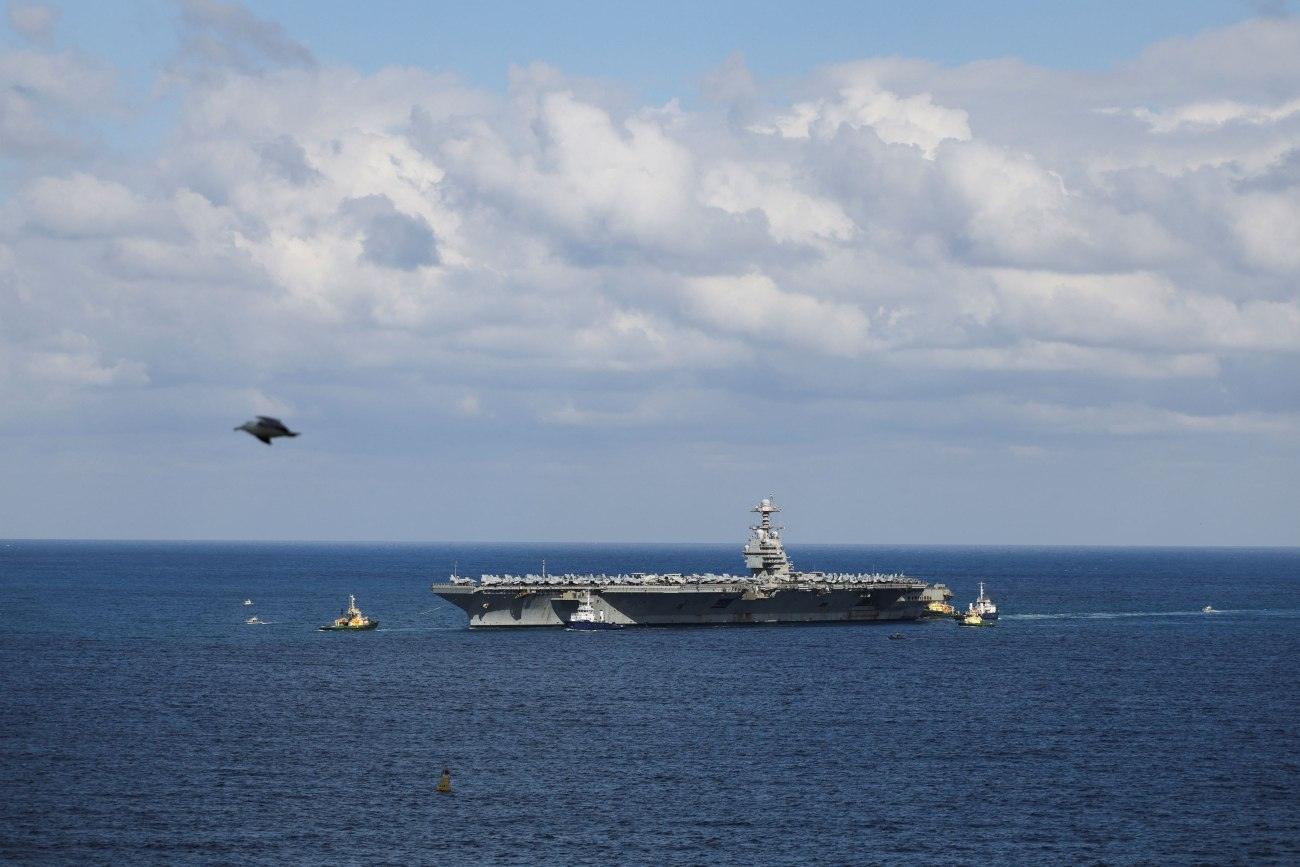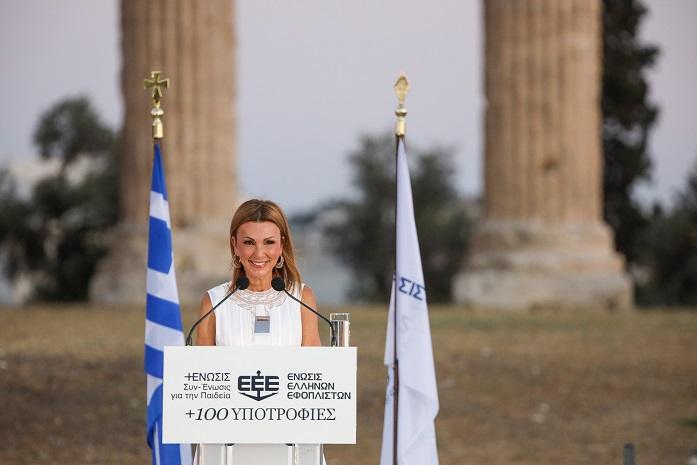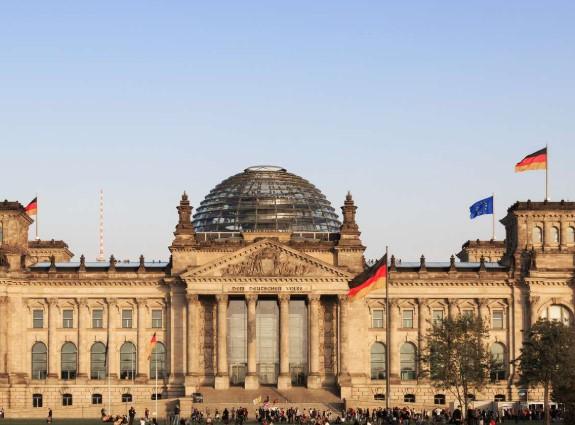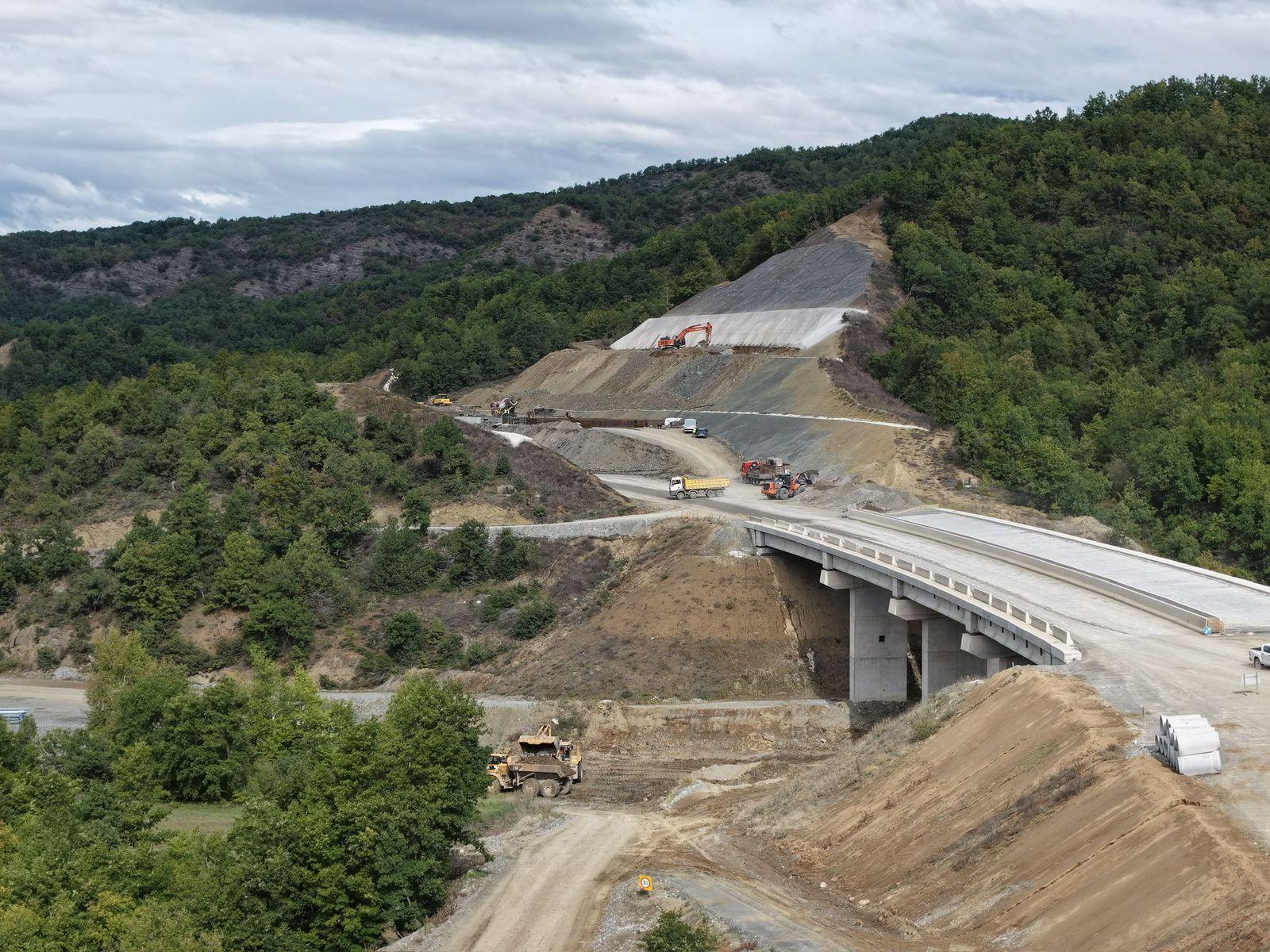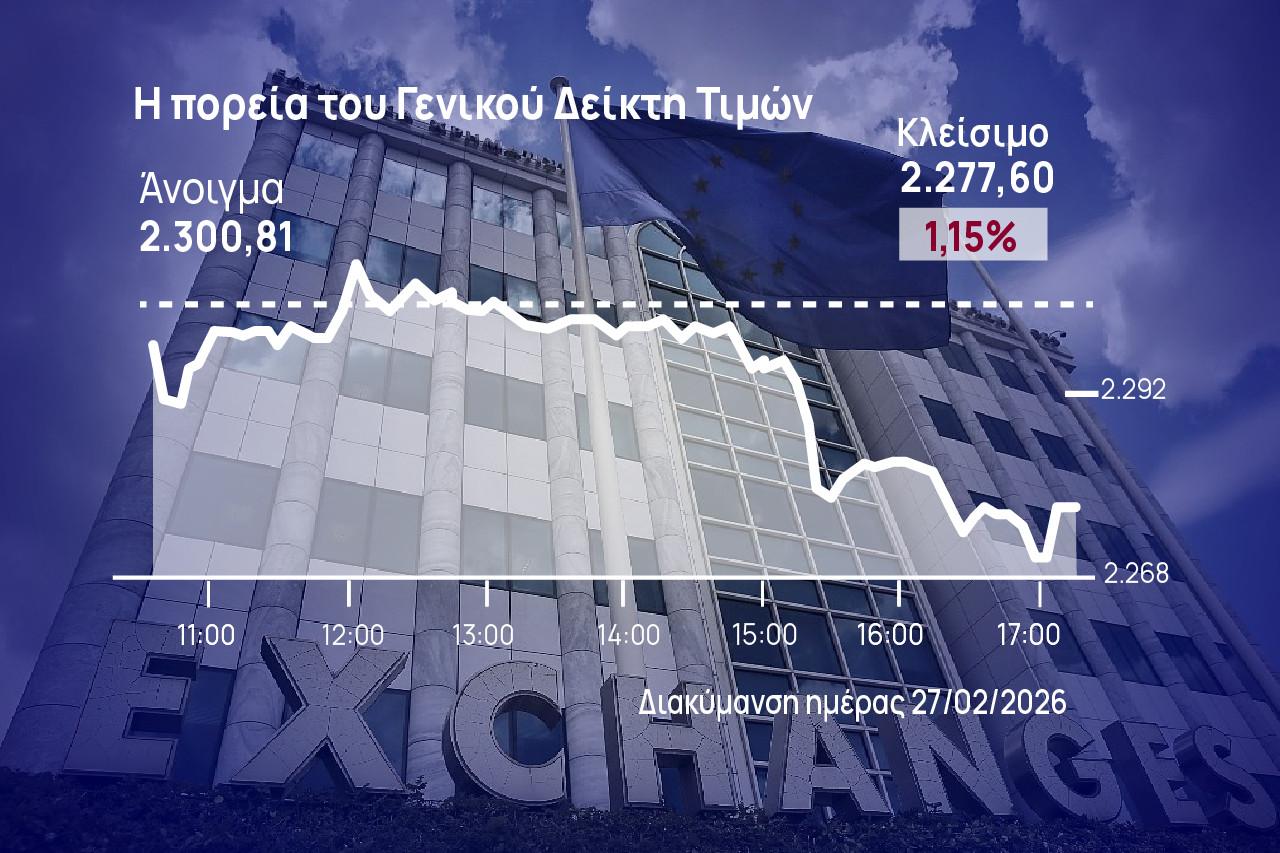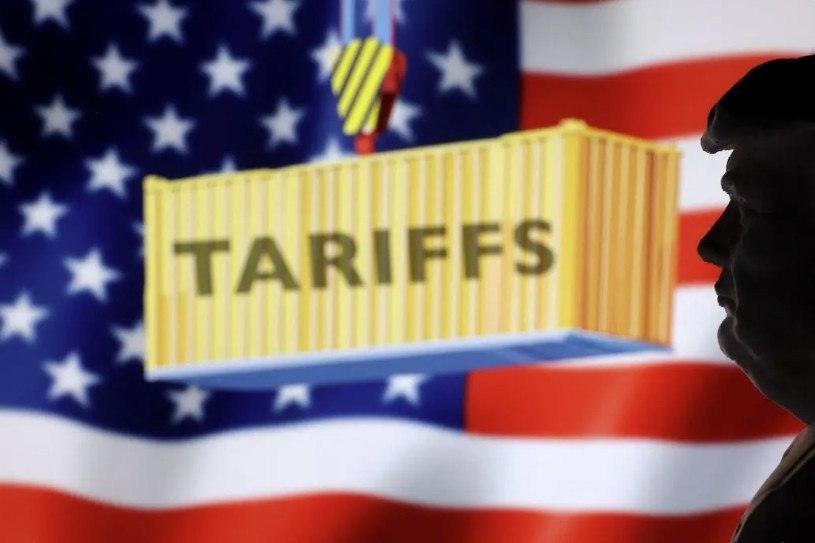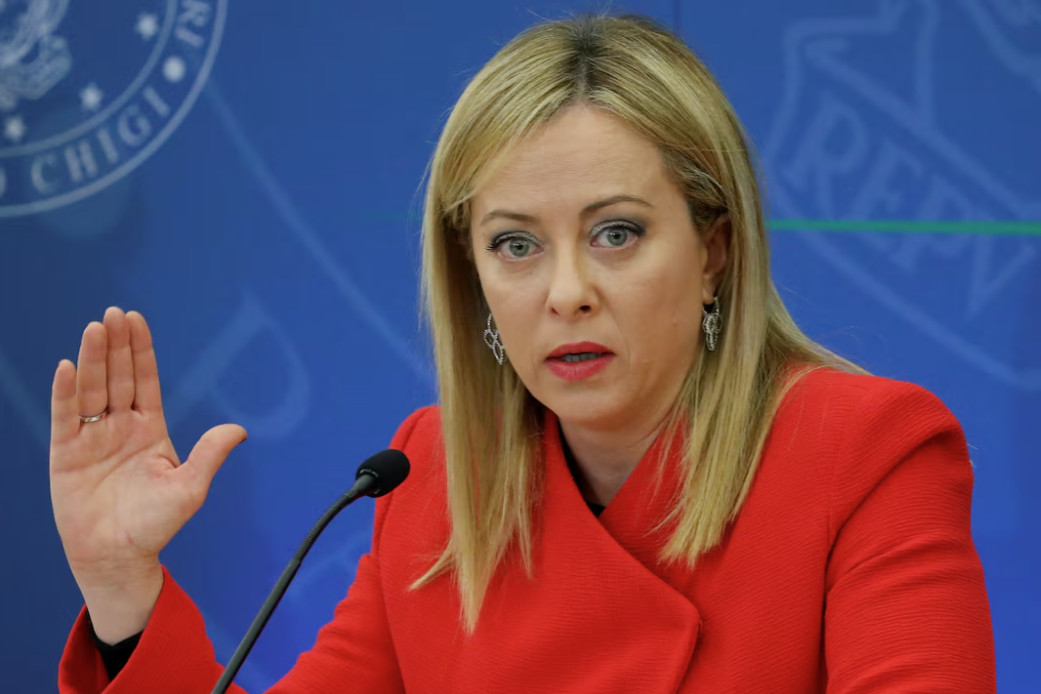Prominent figures from global shipping’s “tanker world” assembled in Dubai over the past few days for Bahri Week, which kicked off on Saturday (Nov. 8), a five- to six-day event that has evolved into one of the most important annual events in the specific and vital sector.
Approximately 5,000 visitors are estimated to have traveled to Dubai for the event, which many call the “Posidonia of Tankers,” comparing it to the major shipping exhibition held every two years in Athens.
Of particular interest during this year’s Bahri Week was the Capital Link Forum, held on Tuesday, with the participation of leading figures in international shipping: Evangelos Marinakis, founder and chairman of Capital Maritime & Trading; Ahmed Ali Alsubaey, CEO of Bahri Group; Lois Zabrocky, CEO of International Seaways; and George Prokopiou, founder of Dynacom Tankers Management.
A proposal by Evangelos Marinakis that caused a sensation among the discussion participants—and was applauded by the audience—calls for a temporary lifting of sanctions for a period, aimed at enabling the disposal of many old vessels belonging to the so-called “shadow tanker fleet,” which poses a serious threat to the environment.
The IMO Regulation Postponement
The first topic of discussion was the one-year postponement of the International Maritime Organization (IMO) vote regarding the new framework for zero emissions balance.
The event’s moderator asked whether this represents “a steady stance” or “a restart from zero” aimed at formulating a new proposal.
Evangelos Marinakis focused on the failure of international organizations to arrive at implementable solutions: “We have our views. They may be different. It is not a matter of disagreement. It is a matter of how each of us perceives our responsibilities and what we need to do as leaders in our industry. Because of the number of ships we operate and the volume of cargo we transport. Over the past 10 years, there have been a lot of discussions within the IMO, the committees of the Greek Shipowners Association, Norwegian Shipowners Association, European Associations, and with our classification societies regarding efforts to reduce emissions. But the problem begins when disagreements lead us to find compromises. So at the end of the day, the compromise reached allows us to continue using our vessels but we will be penalized with taxes that the European countries will be receiving. So, in this way, we do not solve our environmental problem. It is like paying someone to die happier. It does not make sense. Mr. Prokopiou has consistently advocated for slow steaming, which produces a result: reduced emissions. The only increase is in transportation time, but we see a benefit to the environment. This is a matter of fact. Being penalized with high taxation for vessel use does not solve the problem.”
He added: “They resorted to this measure because they could not agree on the basics in the first place. This is the reality. Another reality is Mr. Trump’s election. From the beginning, he has been radical regarding green discussions and transitions. By campaigning for countries not to vote for this taxation, we saw some European countries—Greece and Cyprus—change their position at the last minute, resulting in postponement. What I think we should do is compromise but agree on measures that will have an immediate effect on our environment. We have at least a year ahead to engage in constructive discussions and find a solution. That is how I see it from my point of view. Having seen these regulations and deadlines, we invested a lot—not in $10,000 ‘LNG ready’ certificates, but in proper LNG dual-fuel vessels, over 30 ships. We have paid a significant premium. And this is now delayed. But when the LNG market stabilizes and new production comes online, LNG prices will be lower. It will make sense to consume LNG irrespective of the emission reductions. This is my view on your question.”

Industry Realism & Green Transition
George Prokopiou was clear about his position: “I was convinced this would not pass because it is absurd to penalize someone for not using fuels that don’t exist.”
He went on to explain the financial implications: “During the life span of the Suezmax you have to pay 240 million in this penalty. And of course nobody can foot this, such type of the bill. The consumer will. But then we increase inflation, we increase poverty, consumption of energy, and the factor of living standards.”
He emphasized the industry’s limited role in global pollution: “Shipping is responsible for only 2.5% of world pollution. Why don’t we focus on what causes the other 97.5% first? We are not the engine builders, not the shipyards. We are the taxi drivers. We are the users. Do you, when you buy a car, go and you insist or you invest how the car will be built? The refineries and energy companies produce the fuel. The surest way to discredit an organization is to issue rules that cannot be implemented. So, they lose credibility. And of course, politicians have a clientele to satisfy. But we businessmen, we focus on the doable because otherwise we ridicule ourselves, if we promise things that we cannot deliver. As ship owners, we are ordering the best available ships at the given moment. The new ships are 30 to 35% less in consumption for the same cargo. It’s the first time that the interests of ship owners and the green organizations are aligned.”
He continued by saying: “The major cost in shipping companies is the oil. Of course we want to spend less. And of course if they are available and you have two suppliers in every port. Because if you have one supplier, he’ll screw you with a price. So, you need two suppliers in every port in order to have a distribution system. So, when this is available, we’ll go. But it is not our task. Of course we buy whatever is the best available. So, we have to be serious. And what is this? All the time ship owners are busy running their business and other people, that are not in the field, are formulating the regulations.”
Prokopiou also expressed puzzlement over certain countries’ positions: “I cannot understand why the Norwegians and other northern countries favor this net zero framework so strongly. I have yet to receive a satisfactory explanation.” Emphasizing the practical approach of family companies, he concluded: “We are a family company. We strive for excellence and care about leaving a better environment for our children and grandchildren, but we must pursue what is possible, not just what is desirable.”
Lois Zabrocky emphasized that the industry has already demonstrated its commitment: “Looking at the order book, we’re talking about over $70 billion in real investment. The industry is not reluctant—we’re stepping up and doing our duty. However, we need the technology to be ready for us. Once fees are collected, there must be effective utilization of these funds, which currently lacks a clear framework.”
She expressed confidence in the industry’s ability to adapt, though with realistic expectations: “We’re accustomed to overcoming obstacles—delivering oil and containers despite every challenge thrown at us. I believe we will decarbonize, but it will take longer than idealists anticipate. I think that it’s going to take us longer than the dreamers want for that practicality to follow.”
Ahmed Ali Alsubaey emphasized the industry’s proactive approach: “I would think the core question that we’re all sort of struggling with is our love for the planet. Somehow, we put a label on shipping that it is dirty, and polluting the environment. And I just want to let everybody know, we, all in this room, love this blue planet. Regardless of regulations, we will invest in the safest possible vessels using the best available technology. Nobody wants to invest in what was available five years ago—we want what’s available today, and we do this without mandates because we genuinely care about this blue planet. My hope is that future negotiations will not produce rules that appear environmentally friendly but are actually environmentally damaging. Shipping has always been at the forefront of pushing toward cleaner and safer operations. When we meet with regulators, we need something practical and achievable that allows us to demonstrate our genuine commitment to environmental protection. So, I’m hoping that the next time that the IMO meets, they will come up with something pragmatic, something possible, something we can do so we can truly, truly show our love for this blue planet”
He goes on to state that: “The two major industries that have done something about the environment is the energy sector and the engine sector. These two have over the last 30, 40 years really transformed what we do for the environment. So I think this was a wake up call for all of us. And this is the first time that we postpone a regulation. I think we are pragmatic environmentalists. And we’ve heard George say what’s possible. And, similarly to Marinakis, we’re really trying to do something, and not just about a certificate. We’re doing some real changes and making the investment to do so. So I think being pragmatic is good for the environment. Good for the business. And it’s a wake up call because supply chain comes to a screeching halt if we don’t do this right.”
In regards to the shipping industry Ahmed Ali Alsubaey emphasized, that “you don’t know how powerful you are. We’ve seen it. We’ve seen how vulnerable our businesses and our supply chains were during supply Covid. It became a wake up call for all of us. You know, the conflict between Russia and Ukraine and the havoc it caused to food security. The two Bipolars China and the US, when they get into these trade wars, it really affects us all and affects the man and the woman on the street. So, we take this very seriously.
Speaking on pollution he stressed that they will always do what’s possible. “I mean, I’ll tell you something that maybe some of you will have a different view with, but I’ll try to be controversial here. I never liked those open-ended scrubbers. I thought it’s a joke. I don’t know what science they read; to take pollution from the air and put it in the sea. Who would thought of this as a great environmental thing? And so we’re polluting the seas. It used to be in the middle of the water, in the middle of the oceans. Now we brought it closer to our land because the fuel that’s going to the vessels now ended up in power plants, which is in the backyard. So, it doesn’t make sense. But the reason we’re doing it, is because it makes economic sense, not because it makes environmental sense. And I hope that we don’t get regulations that seem environmental, but actually are not. It’s more harmful to the environment. So, I think this wake up call will make us introduce regulations.”
Call to Scrap the Dark Fleet
Marinakis specifically addressed the creation of the so-called “shadow fleet,” a result of geopolitical tensions: “I would like to make another point. This starts from geopolitics, because of the wars between Ukraine and Russia, conflicts in the Middle East in the past involving Iran, and the situation in Venezuela with its sanctions. Previously, we talked about net zero. All the discussion is about keeping our seas clean. There have been a lot of discussions, legislation, and expenses from all of us in order to maintain our seas clean. At the same time we have politicians discuss sanctions and also talking about peace. When I entered the conference room, there was a discussion with Anil Sharma regarding the dark fleet and sanctioned fleet. We have allowed all this time over 1,500 ships to operate—876 are already sanctioned. They don’t have insurance, proper crews, and adequate maintenance. We have seen also many incidents and accidents in the past 12 months involving these vessels in the Suez Canal, the Baltic, and collisions in Singapore. As an industry, we need to urge the US administration and Europe to immediately grant permission for these sanctioned vessels to be scrapped without further delay. India can receive vessels for scrap because they have not sanctioned these vessels.”
Marinakis continued: “Owners cannot be paid to scrap their vessels, because they are sanctioned and alternative payment methods must be found. If we immediately obtain a waiver for the next 2-3 months at least to reduce this sanctioned dark fleet, it will help a lot the industry while significantly reducing unlawful trade. We spend time, effort, and money on issues with minimal impact on pollution. At the same time we allow fundamental problems to persist. It doesn’t make sense. We must make a concerted effort to send a strong message to provide this waiver immediately, so that we can eliminate this fleet. I don’t need to add anything more. Of course we like peace. We want peace. And at the end of the day, we look forward to peace.”
Dark Fleet Scrapping Projections
When asked about potential scrapping if sanctions were lifted, Marinakis estimated:
“At least 25% will proceed with scrapping, as many ships can barely operate. These vessels are used for trade with significant risk. Anil is the appropriate person to address this question, but from our observations, at least 25%—which represents many ships—will be scrapped. This will create a significant market impact.”
Dr. Anil Sharma commented: “It will be a way out for them. I think definitely if the licenses are given, there will be a flood of ships that are coming in because some of them are indeed unsafe and face insurance issues”.
When asked about the time frame, Marinakis added: “The time limit will help this. They will know they have three months and they will go for it.”
Prokopiou also stressed that it is important to “put a time limit within the next three months” as an incentive.
The Call for Peace
Prokopiou emphasized the fundamental connection between peace and prosperity: “The best way to improve living standards is peace. When peace prevails, trade flourishes, and 90% of globalization occurs through shipping. Distance is irrelevant. And why is it irrelevant? Because of ships. So the means for implementing globalization are the ships. Now I hope that soon the last war will be over, and we have to rebuild many places. Libya. Syria. Gaza. Ukraine. Lebanon. So, I’m very optimistic that Mr. Trump, despite his bluffs which he’s very good at, will achieve it because he wants to do it and they can’t do it. And we have to support, because peace is the only way forward. So, your question was about geopolitics. Of course, geopolitics remains one of the most unpredictable factors—nobody knows what will happen tomorrow. But if we must bet on something, we should bet on peace, not war.”
He stressed that, “The only way forward is to accept the reasons of the invasion and find solution, and if we don’t find and address the root cause, peace will not come. And to my great belief, it will happen, because both sides will have peace; peace will come. But not the way that Europe envisions, where all these billions for defense are being spent. Now with these billions, the inflation will go to the roof. So, we have to be honest and not try to sell wrong ideas to the populations. This is what is happening now in Europe and I’m sorry for that. Thank you.”
He also challenged the terminology used for sanctioned vessels: “The term ‘dark fleet’ is misleading. It’s not dark—it’s a parallel fleet operating at different cost levels. Instead of penalizing Russia, we’re effectively providing them with cheaper transportation. So, I cannot understand how we penalize. And you know, Europeans are very good in shooting their own foot all the time. Now, they said, and we have two policies in parallel. One policy is the cap. Which means that we need the Russian oil. Because if the Russian oil is disappearing, then we have 120, $130 per barrel, yet the Druzhba pipeline is working at full capacity. So, there is no other hypocrisy that’s clearer than this. And 25% of the LNG that is used in Europe comes from Russia.”
Lois Zabrocky remarked on the importance of peace, emphasizing, that ” the Trump administration likes the idea that if they put enough pressure, they can create peace. It feels weird to us right now that there are, possibly 150 million barrels of oil in the water that are wondering where they’re going to go because there’s increased pressure on India and it’s restricting some of the flows. I think all of the NATO countries have stepped up and are, funding defense because the United States, became a little bit, let’s say less reliable or a little bit of a question mark. So all of these things are destabilizing. And, we’re looking for that situation where I agree with George, you have to bet on peace and look towards economic improvement and not just retraction of trade.”
Lois Zabrocky stressed the importance of free trade: “We thrive in an environment of open and free trade. Protectionism and tariff walls are not optimal scenarios for our industry. The Trump administration appears to believe that applying significant pressure can create peace.”
Ali Alsubaey goes on to state the benefits experienced from geopolitical tension. “I think if you look at the Red sea tension and think who benefited?… Shipping companies did. So we do benefit from geopolitical tension, but it is short term. It is never the way to go. So I’m hoping that whatever tit for tat is happening on the geopolitical scenes, that it’s just a means to an end, and hopefully the end is to have free trade across the world, because that’s how we thrive you know, and that’s how we grow as an organization”
He goes on to underscore the essential nature of shipping: “Without open and free trade, there is no long-term sustainability for any business. I always emphasize, particularly to the ladies in the audience, that without shipping there’s no shopping. You know, the shipping is the lifeline for the economies around the world. We need to convince even protectionists that free trade must prosper again as it did in the past. I believe we’re approaching that point.”
Middle East Investment Opportunities
The discussion extended to the future of the United Arab Emirates and the broader Middle East region.
Marinakis expressed optimism about regional stability: “Over the past 40 years, the region has experienced numerous wars—Iraq, Iran, the Kuwait invasion, and ongoing troubles in Syria and Lebanon. With such instability, it has been difficult to invest more or do things that we have seen recently. But the situation is now stabilizing. The threat from Iraq has diminished, Iran also has not been as aggressive as in the past. Solutions have been found in Syria and the surrounding region. Now is the time to expand and make real investments that were maybe postponed in previous years. This region has all the fundamentals necessary for much more investment and infrastructure progress. We are happy to be here, to do repeat business with friends and partners and to increase our activities in the region.”
Ali Alsubaey first highlighted the hypocrisy seen across the world, while also emphasizing, the region’s strategic importance: “I mean, I can tell you, every drop of Russian crude is being sold. I don’t know who we’re trying to fool, you know? Russia’s busy producing oil and the world is busy buying it somehow. It’s a swimming pool concept. You take it from here, it comes up here. You push it from here, it comes up from there. So that’s the reality of the world we live in. But I am hoping that common sense will prevail and hopefully we’ll be able to find peace. With regards to the Middle East, I think what we’re seeing is just a resurrection of what has always been, from 5000 years ago. The Arabian Gulf has always been central to shipping and today it still continues to serve as a crucial crossroads. If geopolitical conditions improve, we will witness a renaissance for the region. As the second fastest-growing economy after India and China, the Middle East sits at the intersection of global economies. This Arabian peninsula has been a big node for logistics and a big node for shipping. Nothing moves without coming through this node, whether it’s a Silk Road or spices road from China, from India to Europe, or from Africa back to Asia. That’s why I’m confident shipping will return strongly to this region.”
Prokopiou also highlighted the ongoing transformation: “Something very special is happening in this region in terms of investments… We have a saying in Greece, Χωριό που φαίνεται κολαούζο δεν θέλει (choriO pou FEnete, kalaOUzo den THEli). What this means is: ‘a village that you see doesn’t need an advertisement…’ It is obvious that something very special is happening here again.”
He also advocated for pragmatic energy solutions: “We shouldn’t fear oil—it will remain relevant. Carbon capture technology offers the solution. Capturing 50% of emissions would be sufficient. We have the infrastructure, refining capacity, and distribution networks. You need a factory to produce it. A factory to transport it, a factory to distribute it. We should utilize them while making energy affordable globally…So don’t be discouraged. Use it, do it, we are doing it. Make it affordable for the people because you have plenty, you have for the next 100 years. You are blessed for a reason. And by this you see your countries flourish…”
Lois Zabrocky observed market dynamics: “OPEC is beginning to reclaim market share, and regional countries are working intensively to achieve peace—a critical and valuable role.”
Newbuilding Market Outlook
The panel concluded with discussions about vessel orders and market conditions.
Marinakis acknowledged his position: “Regarding newbuilding risks, we may be the wrong people to ask, as we have 100 vessels on order. We are obliged to be optimistic. And we are optimistic by nature, and we believe in the market. There are a lot of needs, more stability, and growth opportunities. As far as the newbuildings are concerned, the industry needs these vessels. If we have also significant progress with the dark fleet issue and scrapping of vessels delayed by market conditions and illegal trade, there is room to accommodate newbuildings. We are quite optimistic. We live in an inflationary environment where prices do not seem to go down. All costs have increased, and I do not see any immediate price reductions. We are optimistic that ships are needed for growth. Additionally, our new vessel orders are significantly more economical. This benefits both the environment and emissions reduction. Answering your question, yes, we are optimistic. We expect prices to remain high for a significant amount of time.”
Ali Alsubaey offered a succinct philosophy: “If I may, I’ll use something that Trump has been using. Remember the ‘drill, baby, drill.’ I say ‘build, baby, build.’ When regulations change, you need ships on order. But, you know, we’ve always been living in either high prices or low prices. If you ask the seller, he’ll say, yes, I like this price. The buyer says, no, I don’t like these prices.”
In order to clarify he goes on to provide an analogy, “If you are a day trader who sells and buy every two hours, these prices scare you. But if you are a long term investor, a long term shipper, then it doesn’t matter if you have a fleet, you continue to renew your fleet. But to continue to do that you use all your available buckets. And what we’ll do in these markets is adjust. Through this, the unpredictability and windows of opportunities are getting shorter and shorter. We’re going to live with volatility. You know, this world is not going to get any less. We’re going to live with more regulations. So, I think keeping all those options open and ensuring that you have something in each bucket is what I think going to be the winning strategy going forward.”
Lois Zabrocky described International Seaways’ strategy: “We’ve renewed our MR fleet while selling older vessels and taking delivery of new LR1s. We recently purchased a secondhand VLCC. While new vessels are preferable, we’re constantly working to upgrade our fleet through various means.”
Prokopiou acknowledged the complexity of market predictions: “This is the most difficult question, and certainty is impossible. Shipyards are fully booked through 2029. You have to be a magician to know what happens after four years in the world, it requires exceptional foresight. A financial crisis could disrupt everything, particularly if tariffs backfire.”
He emphasized efficiency gains: “Every newer vessel is more efficient and fuel represents our largest expense, so a 30-35% reduction is significantly advantageous. However, older vessels and the parallel fleet continue generating substantial profits, which explains why secondhand vessels command prices disproportionate to their age. So, to order or not to order? I’m not the right person because I don’t have credibility if I say this, because I have 100 ships on order. So, it is not easy to give an advice, but I’m stipulating the facts.”
Bahri Week: Shipping at Crossroads
This year’s Bahri Week demonstrated that shipping stands at a crucial crossroads. Industry leaders are calling for pragmatic approaches to the green transition, peace to enable trade prosperity, and strategic investments to secure the maritime economy’s future.
This year’s Bahri Week proved that shipping is at a crucial crossroads. Industry leaders are calling for realism in the green transition, peace for trade to flourish, and investments to secure the future of the maritime economy.
As Ali Alsubaey noted about Dubai and the region: “If there is one thing the Middle East offers to the world, is the crossroads of economies. So, I’m betting on it, it’s growing and I think shipping will come back in a big way.”
